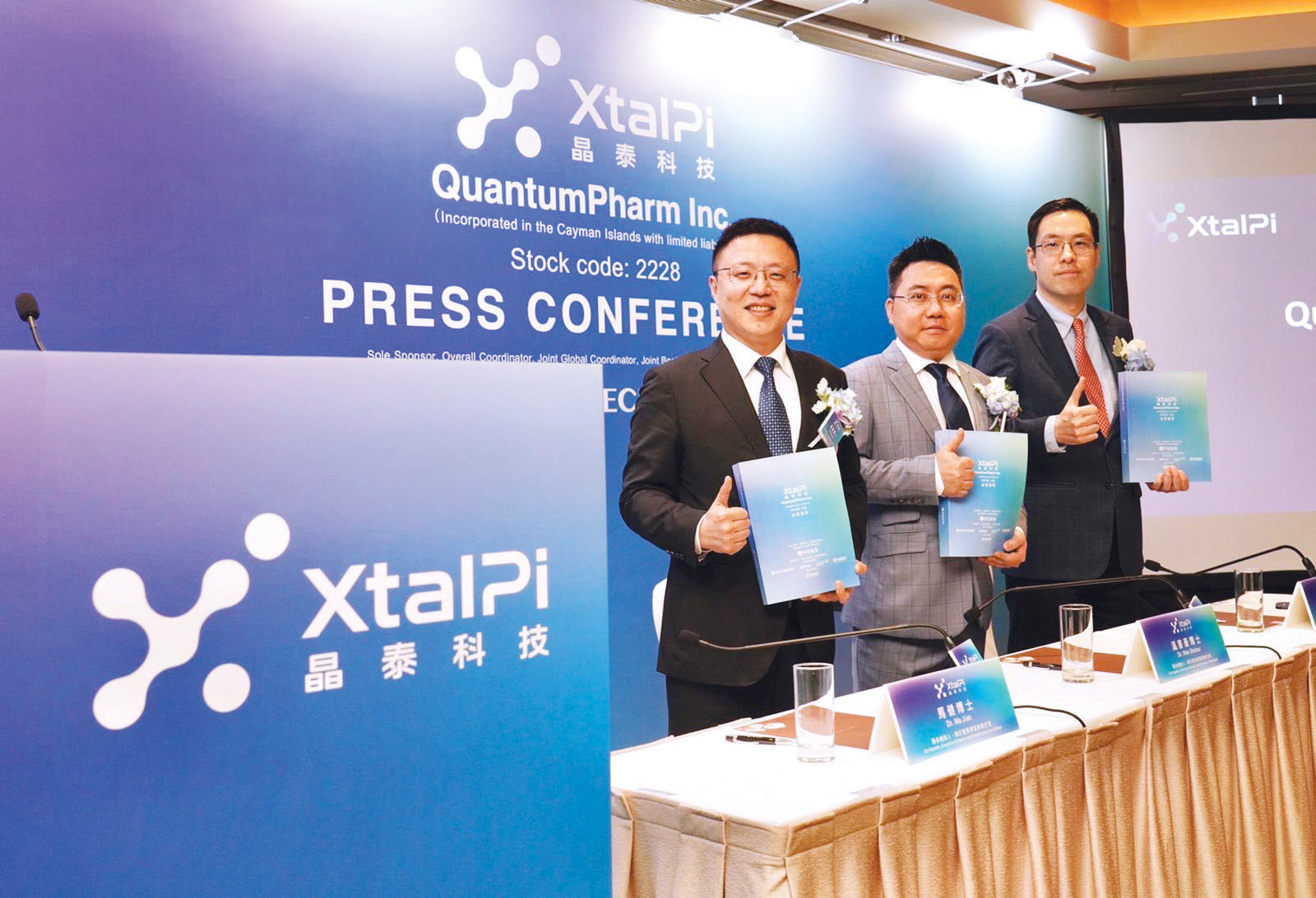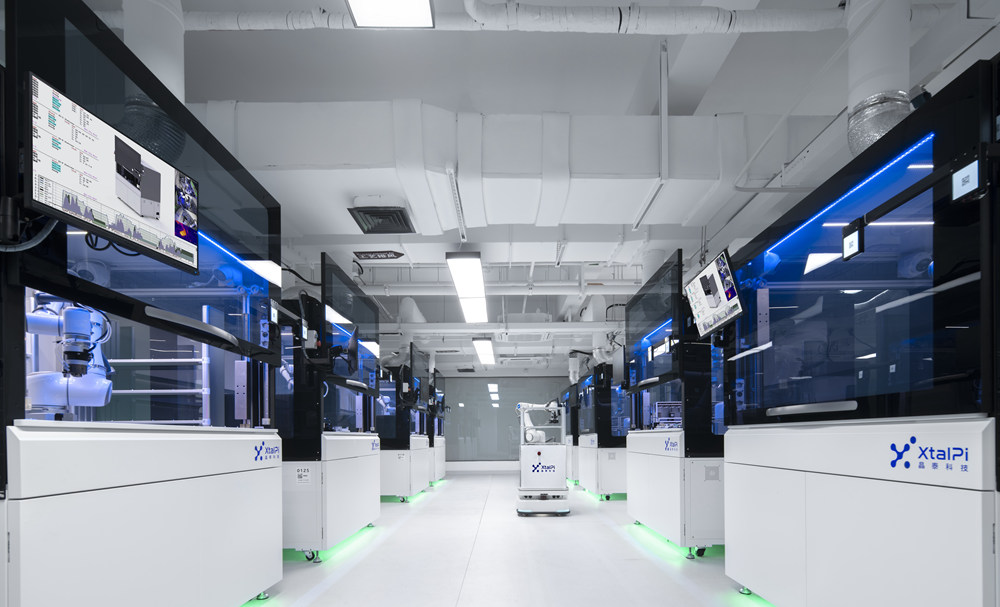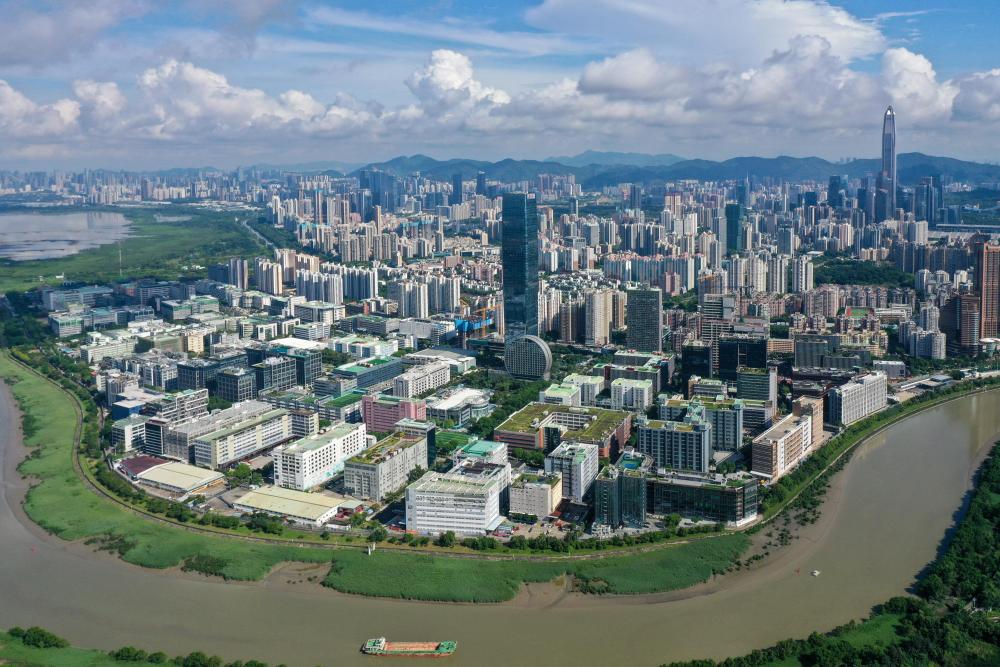
QuantumPharm, an artificial intelligence drug discovery firm, is seeking to raise up to HK$1.13 billion ($145 million) from an initial public offering (IPO) in Hong Kong from Tuesday, marking the first fundraising bid under new listing rules designed to woo pre-commercial high-tech companies.
The Shenzhen-based company is issuing 187.37 million shares at an indicative price of HK$5.03 to HK$6.03 each. The minimum investment is HK$6,090.81 for a board lot of 1,000 shares. Trading starts on June 13.
ALSO READ: Delivery giant SF Express moves a step closer to HK listing
Co-founded in 2015 by three Chinese quantum physicists from the Massachusetts Institute of Technology, the AI drug researcher is one of only two companies to have applied to go public on the Hong Kong stock exchange under Chapter 18C, which lowered the revenue threshold for specialist technology firms in March last year. The other to do so was automotive chipmaker Black Sesame International Holding.
Co-founded in 2015 by three Chinese quantum physicists from the Massachusetts Institute of Technology, the AI drug researcher is one of only two companies to have applied to go public on the Hong Kong stock exchange under Chapter 18C, which lowered the revenue threshold for specialist technology firms in March last year
The new listing regime allows pre-revenue companies with a valuation of at least HK$10 billion to list in the city. The previous threshold was HK$15 billion. The required market capitalization for commercial companies has also been reduced to HK$6 billion from HK$8 billion.
READ MORE: Chinese mainland EV makers expand in HK as springboard for global growth
Also known as Xtalpi, the tech firm adopts a combination of quantum physics, AI, cloud computing, and robotic automation to provide research and development solutions to pharmaceutical and materials science companies.
Its clients include biotechnology and pharmaceutical conglomerates, such as Pfizer and Johnson & Johnson, its exchange filing shows.
QuantumPharm saw its net losses widen to 1.9 billion yuan ($262 million) last year from around 1.44 billion in 2022. Meanwhile, revenue rose 30.8 percent year on year to 174.4 million yuan.
Eight cornerstone investors, led by Henderson Land Development’s Chairman Peter Lee Ka-kit, plan to subscribe for HK$337.3 million of shares.

READ MORE: Chan: Bay areas have potential for green collaboration
Citing the “tremendous potential” projected to be unleashed by the integration of AI into healthcare innovation, Hebe Chen, a market analyst at online brokerage IG, said QuantumPharm’s listing is poised to check all the right boxes for investors, breathing long-awaited fresh air into the stagnant Hong Kong IPO market.
Another case in point is the wave of homecoming listings on the heels of the bourse’s listing rule changes in 2018 that allowed companies from “emerging and innovative sectors” to go public with weighted voting rights - a share structure widely adopted by new-economy Chinese mainland firms to raise capital without their founders losing control
In the first quarter of this year, the Asian hub’s IPO fundraising total dropped 30 percent year on year to HK$4.7 billion - a new low not seen since the same period in 2009 - sliding to 10th position among global exchanges, according to Deloitte.
The number of new listings in the city’s bourse also decreased by 33 percent to 12 from the 18 registered during the same period last year, with no “mega IPO” taking place, the accounting firm said.
“A successful IPO could create a ripple effect, breathing new life into the healthcare sector, which has been sliding for years, and attracting the attention of big tech companies eager to jump on board,” Chen said.
The easing of listing criteria to attract money-losing, high-tech firms is part of the city’s efforts to retain its status as a prime fundraising hub. Chapter 18C is seen as an extension of Chapter 18A, which was introduced in 2018 and opened the bourse’s doors to pre-revenue biotech companies.
READ MORE: Chan: Hong Kong’s economy to grow further in next 6 months
Another case in point is the wave of homecoming listings on the heels of the bourse’s listing rule changes in 2018 that allowed companies from “emerging and innovative sectors” to go public with weighted voting rights - a share structure widely adopted by new-economy Chinese mainland firms to raise capital without their founders losing control.

But not every shot fares well. In 2022, Hong Kong Exchanges and Clearing, the operator of the city’s stock exchange, gave the green light to Special Purpose Acquisition Companies - blank-check firms that first raise capital through an IPO and then use the cash to merge with a private firm and take it public. Only five SPACs were listed in Hong Kong that year raising a combined $639 million, while no such listings took place in 2023.


